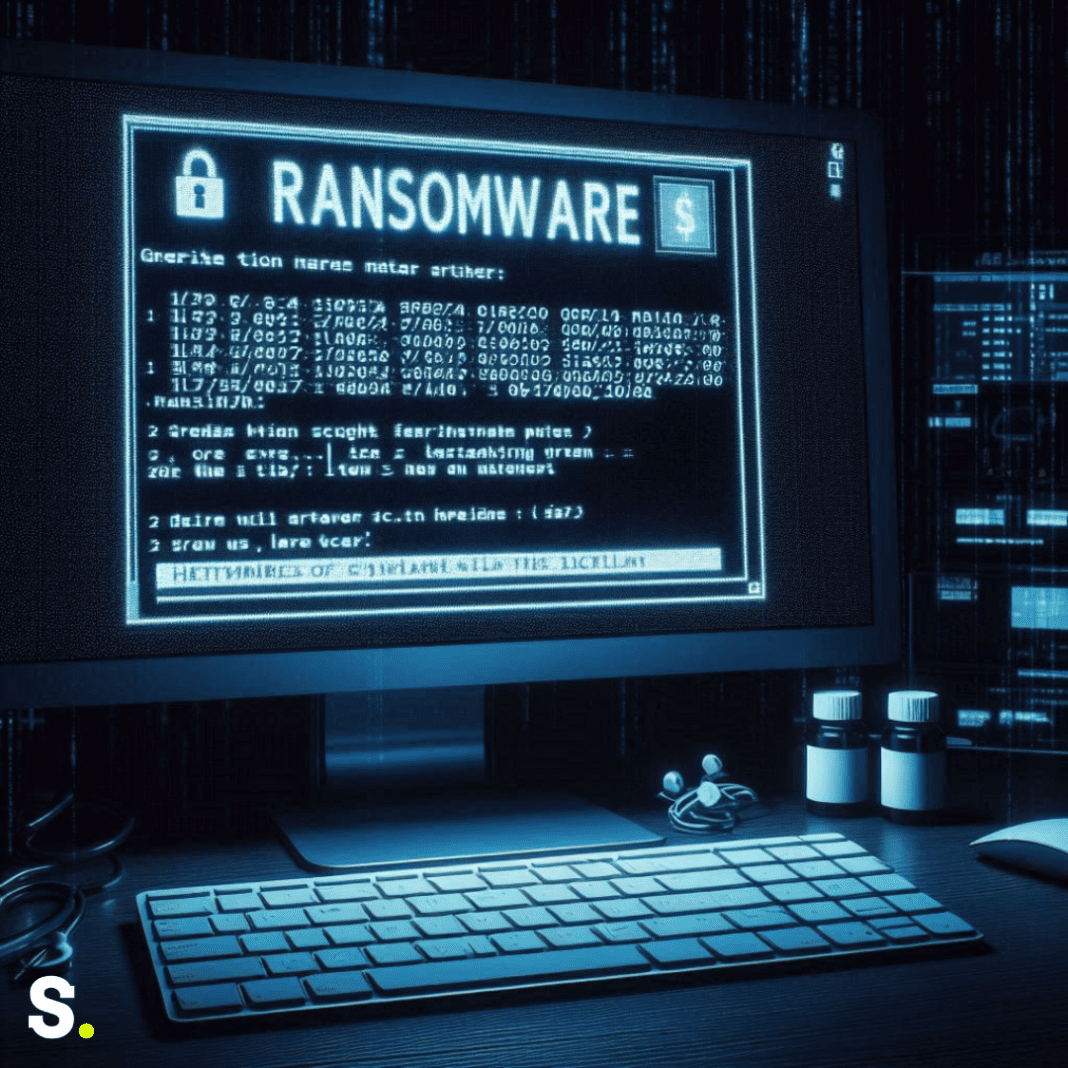A man from North Korea has been accused of launching a series of cyberattacks against computer systems in the United States. His actions, described as very serious by the Justice Department, allegedly targeted critical American organisations and even went as far as hacking NASA and U.S. military bases.
The man behind these attacks is named Rim Jong Hyok. He is suspected of working for North Korea’s military intelligence agency, the Reconnaissance General Bureau. Rim is charged with conspiracy and conspiracy to launder money. Despite these charges, Rim remains in North Korea, making it unlikely that he will be arrested anytime soon. Nonetheless, a $10 million reward has been offered by American officials for any information that results in his apprehension.
This case is another example of how North Korea is using a hybrid crime model. This model involves conducting cyberattacks for money and then using the funds from those crimes to support further hacking activities. These activities often target sensitive information that can aid North Korea’s military and nuclear programs.
How the North Korea’s Ransomware Attack Worked
Ransomware is a type of malicious software that locks up the files on a computer, making them inaccessible. In order to unlock the files, the attacker then demands payment from the victim in the form of a ransom. In this case, Rim is accused of using ransomware to encrypt files on the computers of a Kansas hospital, as well as other businesses.
The victims of these attacks were unable to access their important files and had to pay large sums of money to regain control. This ransom money, according to the indictment, was used to fund further hacking attempts. These attempts targeted government agencies, military bases, and companies involved in missile, aerospace, and uranium processing technology.
A Broader Threat
The actions of Rim and his conspirators are part of a larger pattern. North Korea is known for using cyberattacks to gather funds and sensitive information. These funds and information are then used to support their military and nuclear ambitions. This approach allows them to carry out espionage, or spying, while also making money from their crimes.
The Justice Department’s announcement highlights the ongoing threat posed by North Korea’s cyber activities. The indictment against Rim sheds light on how these attacks are carried out and the significant impact they can have on national security. Despite the challenges in bringing Rim to justice, the $10 million reward reflects the seriousness with which U.S. officials view this case.
These attacks are not just about stealing money or information. They pose a serious risk to both national security and public safety. The perpetrators endanger the lives of patients by focusing on hospitals. By targeting military and aerospace companies, they threaten the security of the nation.
This case serves as a reminder of the importance of cybersecurity and the need for constant vigilance against such threats. The ongoing efforts to capture Rim and bring him to justice underscore the commitment of the U.S. government to protect its citizens and critical infrastructure from cyber threats.
A Nationwide Impact
The ransomware attacks carried out by Rim didn’t just affect a single hospital or a few businesses. The ripple effects of these attacks spread across various sectors, impacting daily operations and causing widespread concern. Hospitals, which rely heavily on their computer systems to manage patient information, treatment plans, and critical medical equipment, found themselves in a precarious situation. Doctors and nurses were unable to access vital records, putting patients’ health and lives at serious risk.
The financial burden of these attacks also cannot be understated. The large payments demanded by Rim and his conspirators strained the resources of the affected institutions. Hospitals and businesses were forced to divert funds meant for patient care and operational improvements to pay the ransoms. This diversion not only impacted their immediate financial health but also their ability to serve their communities effectively in the long run.
The Human Element
Behind the technical details and the financial implications of these attacks lies the human element. Patients in the affected hospitals faced delays in treatment and increased risks due to the unavailability of their medical records. Families of these patients experienced anxiety and fear, knowing that their loved ones were at the mercy of an unseen attacker.
Similarly, employees of the targeted businesses and government agencies found themselves working under immense stress. They had to deal with the fallout of the attacks, restore systems, and ensure that such breaches did not happen again. The psychological toll on these individuals, who suddenly found themselves on the front lines of a cyber warfare scenario, was significant.
The indictment against Rim Jong Hyok and the revelations about his cyberattacks underscore the critical need for robust cybersecurity measures. The impacts of these attacks are far-reaching, affecting not just the targeted organizations but also the broader society. The U.S. government’s efforts to bring Rim to justice and the substantial reward for information leading to his capture highlight the seriousness of the threat and the importance of maintaining vigilance in the face of such sophisticated cyber threats.




